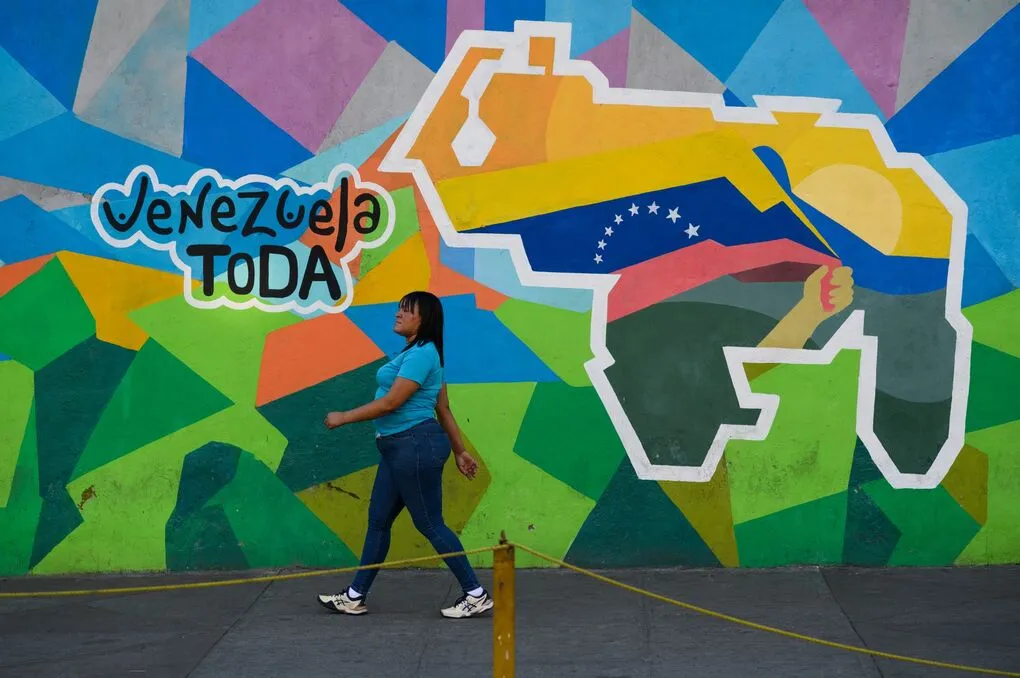On Thursday, Brazil hosted the first dialogue between Venezuela and Guyana, focusing on the dispute in the Esequibo region.
The meeting ended without a clear solution. Yet, both nations’ ministers engaged diplomatically, promising to end threats.
Yván Gil, from Venezuela, highlighted Latin America’s peace commitment. He stressed avoiding threats or force in resolving the Esequibo issue.
This stance aims to reduce tensions, including Venezuela’s claims on Esequibo and Guyana’s discussions on a U.S. base.
Guyana’s minister, Hugh Todd, mentioned an ongoing International Court of Justice (ICJ) case.
Both countries agree to respect the court’s future decision. The dispute centers on Esequibo, which Venezuela claims but is part of Guyana.
A 19th-century arbitration awarded the territory to Guyana, a decision Venezuela later contested.

The meeting planned further talks in Brasília, showing a commitment to peace and resolution.
Despite civil discussions, achieving a solution appears challenging due to disagreements over the ICJ’s role and territorial claims.
Last year, Venezuela’s referendum to reclaim Esequibo sparked tensions. The vote, favoring Venezuela, led to threats of invasion.
Under President Luiz Inácio Lula da Silva, Brazil intervened, aiming to mediate and promote peaceful negotiations.
Background
The Esequibo region, rich in resources, has long been a flashpoint between Guyana and Venezuela.
Historically, an 1897 arbitration in Paris sided with Guyana, sparking Venezuela’s ongoing claim.
The Geneva Agreement of 1966 aimed to address this but failed to resolve it definitively. Recent discussions under Brazil’s guidance represent a renewed attempt at dialogue.
These talks show a commitment to peaceful resolution, crucial for regional stability.
Both nations now face the challenge of reconciling historical claims with the need for mutual respect and cooperation.
The involvement of international courts adds a legal dimension to the dispute.
This situation underscores the importance of diplomacy in solving territorial disputes in a world where such issues can escalate quickly.

